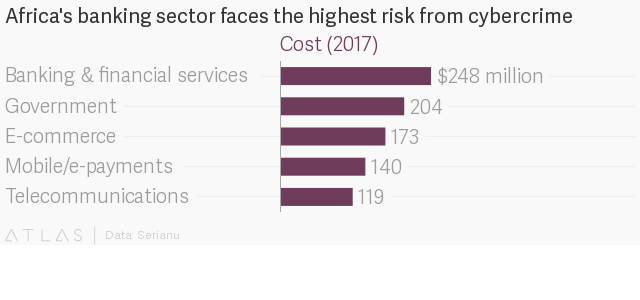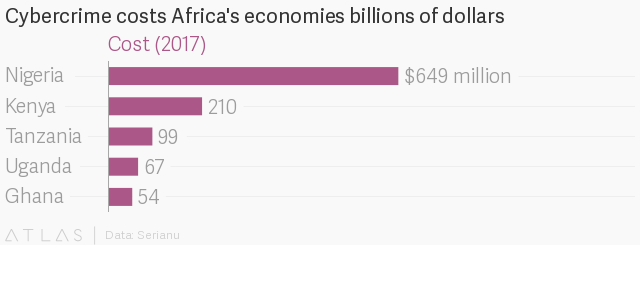AfDB Approves $2 Million To Strengthen Cybersecurity In Africa
African Development Bank is planning to build a cybersecurity centre in Africa to help tackle cybercrime that is increasing socio-economic challenges on the continent.

The Board of Directors of the African Development Bank (AfDB) has approved a $2 million grant to tackle cybercrime in Africa.
The grant will be used to establish the African Cybersecurity Resource Centre (ACRC) for financial inclusion to strengthen the resilience of digital financial ecosystems against cybercrime, according to a statement on the Bank’s website on Friday.
The fund will be disbursed through the Africa Digital Financial Inclusion Facility, a blended finance vehicle, supported by the Bank.
The project is expected to create an affordable shared platform to monitor cyber-attacks against financial service providers and individual customers, name individualised advisory services to enable organisations to bolster their cybersecurity, and enhance cybersecurity talent development to ensure that African demand for expertise can be met.
“The ADFI operational team and our partners are excited about this project as a secure digital financial services ecosystem is crucial for sustainable financial inclusion,” Sheila Okiro, the ADFI Coordinator said in the statement.
“We are counting on the ACRC members and operational partners to help lay the foundation to systemically tackle rising cybersecurity concerns and help build a sustainable model for dissemination of these critical services across the continent.”
According to Quartz Africa, in 2017, cybercrime cost African countries $3.5 billion. Digital transactions frequently take place over mobile phones in Africa, many of which are insecure.


African nations continue to top the list of countries prone to cyber attacks due to poor cybersecurity apparatus, according to the 2018 Global Cybersecurity Index (GCI), the latest report.
Addressing this vulnerability, the project will boost trust in financial technology. It will benefit 250 million vulnerable customers and 2,000-3,000 financial institutions across Africa.
Under its gender component, the project will “specifically target improved cybersecurity for 20-25 million women in five years, and aim to employ a workforce made up of at least 39 per cent women.”
The Africa Digital Financial Inclusion Facility (ADFI) is a pan-African instrument designed to accelerate digital financial inclusion throughout Africa, with the goal of ensuring that an additional 332 million Africans (60 per cent of them women) have access to the formal financial system.
Support Our Journalism
There are millions of ordinary people affected by conflict in Africa whose stories are missing in the mainstream media. HumAngle is determined to tell those challenging and under-reported stories, hoping that the people impacted by these conflicts will find the safety and security they deserve.
To ensure that we continue to provide public service coverage, we have a small favour to ask you. We want you to be part of our journalistic endeavour by contributing a token to us.
Your donation will further promote a robust, free, and independent media.
Donate HereStay Closer To The Stories That Matter




